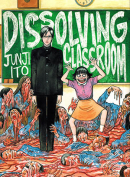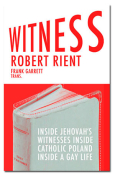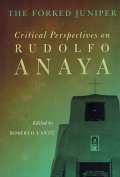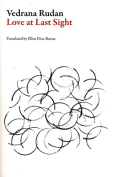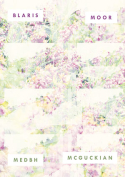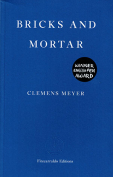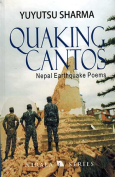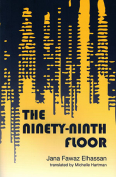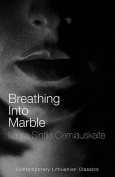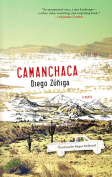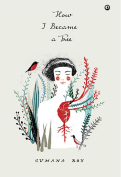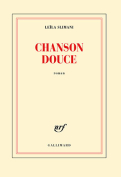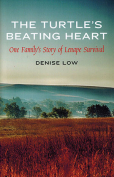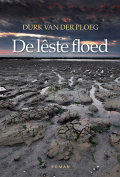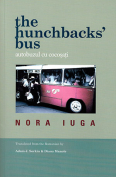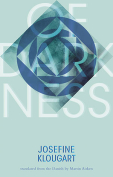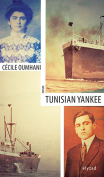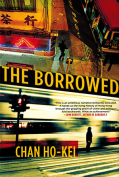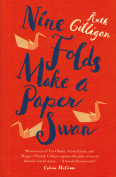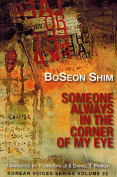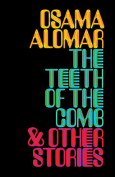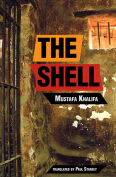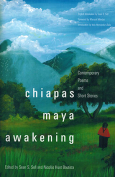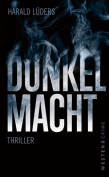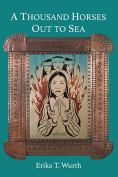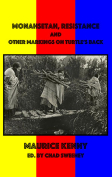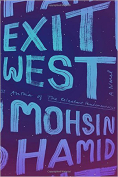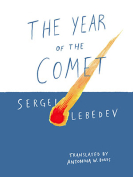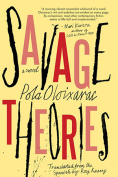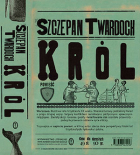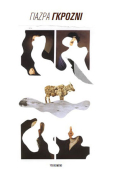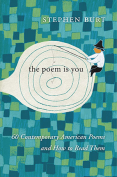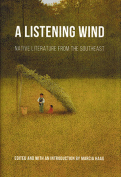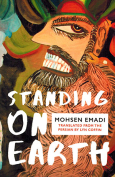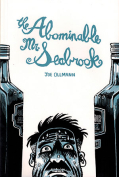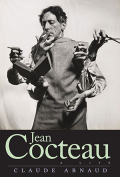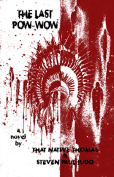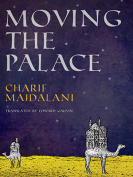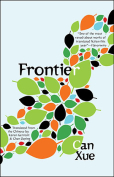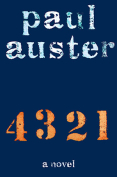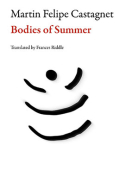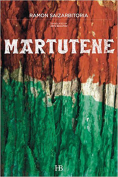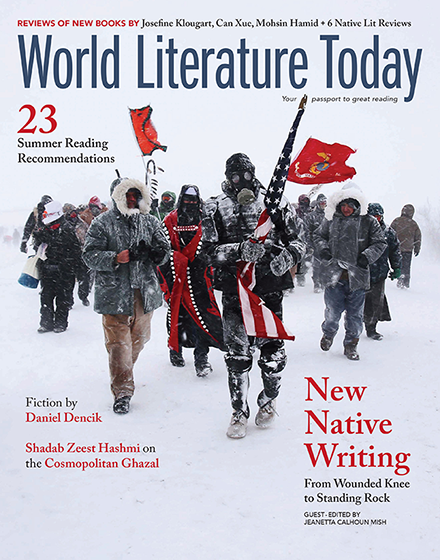Of Darkness by Josefine Klougart
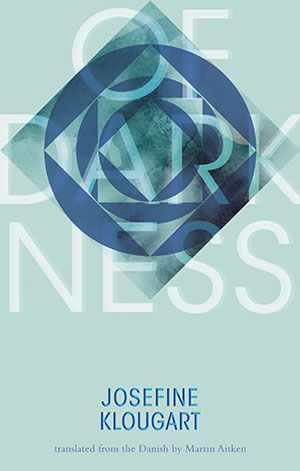 Dallas, Texas. Deep Vellum. 2017. 312 pages.
Dallas, Texas. Deep Vellum. 2017. 312 pages.
It is difficult to find the right genre to capture Klougart’s sixth publication, Of Darkness (WLT, Jan. 2017, 53–55). Perhaps people have settled on novel, as it arguably offers the biggest flexibility. In truth, however, Klougart transgresses traditional concepts of genres, with poetry frequently seeming more appropriate than prose. One chapter is built of narrative fragments only, sometimes consisting of no more than five words on a page, sometimes of equally many half-sentences arranged in arbitrary outer form. Another is set as a play in eight scenes, capturing a conversation between “the woman” (the narrator) and “the man” (her boyfriend), seemingly taking place at a time earlier in her narrative.
In this enormously private book, Klougart is nothing if not ambitious. Throughout, she resorts freely to the use of different pronouns to speak of the only two people captured in her writing: “I have always been she and you have always been he.” At times, both blend into an abstract we, observing her and him, as if from the outside. Of Darkness is a book about perspectives, a book about seeing the world, zooming in and out of genres as well as people, time, and space. Its consistency is not in plot or causality but in language and theme.
Despite the beauty we find in the way we are asked to see the world, first and foremost, Of Darkness is a book of loss. The narrator’s mother has cancer, her cousin is drinking himself to death, and her boyfriend is alone, the only one left of his family. But towering above all is the inescapable rupture that lies in the love for her boyfriend, the inescapable loss of their relationship: “we are a form waiting for collapse, . . . we are that collapse already.” In her last pages, Klougart consternates: “Everything we lose remains inside us, while everything we have remains invisible.” And we come to see—her world is the sum of her losses: “Everything is bleeding.”
This linguistic tour de force is alive with words of winter, the sea, and light. All are themes the young Danish author continues to evoke throughout her book in constructing a place of beauty, beyond time, beyond death. “Light has age. . . . We absorb time, become older . . . if we stay in the dark it’s different.” Klougart’s darkness is not only death and loss itself but also their transcendence, a transcendence we find built into her language, her metaphors, her poetry.
Felix Haas
Zurich, Switzerland
Get the book on Amazon or add it to your Goodreads reading list.
More by Josefine Klougart
Table of Contents

